26 December 2024
Have you ever played a game where the characters’ voice lines were so immersive, they gave you chills? Like that gripping moment when a villain monologues just before a boss fight, or when your favorite NPC delivers a heartfelt goodbye. Voice acting brings games to life, giving characters depth and personality. But here’s the kicker—what if I told you that the future of game voice acting might not involve actors at all? Yeah, you heard that right. Artificial Intelligence (AI) is stepping into the spotlight, and it’s shaking things up big time.
AI is no stranger to gaming. From smarter NPCs to procedurally generated worlds, AI has been quietly revolutionizing how we play. But now, it’s gunning for the voice booth. Let’s take a closer look at how AI might redefine game voice acting, and whether this is a good thing, a bad thing, or just plain weird.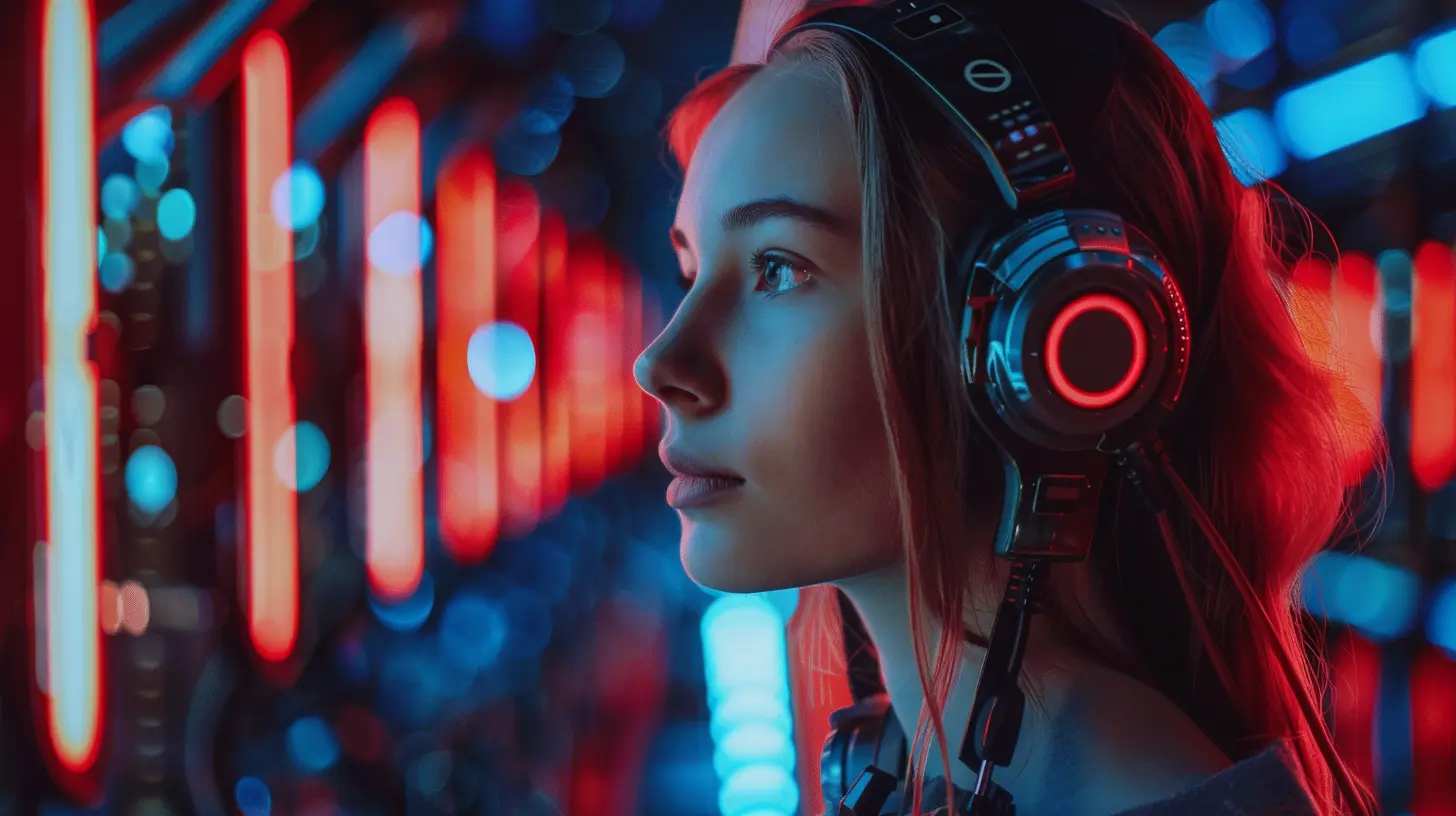
How AI is Changing the Game Voice Acting Landscape
First, let’s break it down. AI in voice acting isn’t some futuristic, sci-fi fantasy—it’s already happening. Companies are using advanced algorithms and machine learning techniques to create realistic, human-sounding voices. These AI-generated voices can mimic tone, emotion, and even accents. Creepy or cool? Honestly, it’s a bit of both.The Basics of AI-Generated Voices
AI voice acting relies on deep learning models, like neural networks, to analyze and replicate the intricacies of human speech. Developers feed these models hours upon hours of voice recordings, teaching them to understand language, pitch, pacing, and intonation. Think of it like teaching a parrot to talk, but way smarter—and less likely to squawk for crackers.Advanced tools like text-to-speech (TTS) engines have taken this technology to a whole new level. Companies like ElevenLabs and Replica Studios are at the forefront, providing AI voice solutions that can sound astonishingly real. Want an AI to sound like a gruff warlord or a cheerful shopkeeper? No problem. These tools allow developers to fine-tune emotions and personality traits with ease.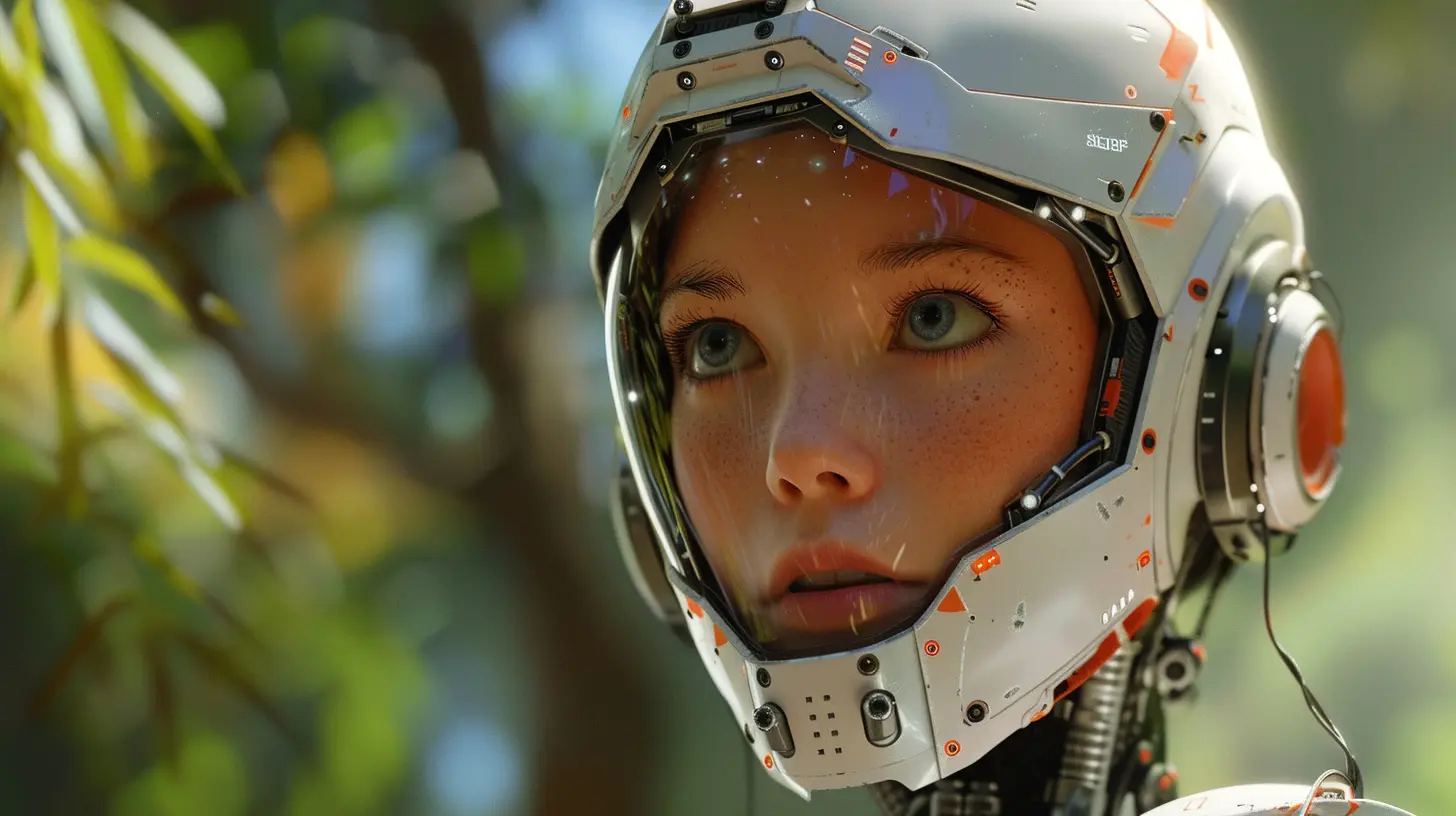
Why Game Developers Are Turning to AI Voice Acting
So, why are game developers so keen on this tech? Well, there are a few reasons, and honestly, some of them make a lot of sense.Cost Efficiency
Voice acting is expensive. Hiring talented actors, booking studio time, and going through multiple recording sessions can really add up—especially for indie developers working with limited budgets. AI, on the other hand, offers a cheaper alternative. Instead of paying actors by the hour, developers can generate voice lines in seconds.Speed and Flexibility
Ever had to deal with delays because a voice actor wasn’t available for re-recordings? AI doesn’t have scheduling conflicts. Need to tweak a line of dialogue? Just adjust the script, and boom—the AI spits out a new recording. This kind of flexibility is a game-changer (pun intended).Larger Dialogue Libraries
Games are becoming increasingly complex, with branching narratives and endless dialogue options. If every choice requires unique voice lines, things can get overwhelming fast. AI can help churn out massive amounts of dialogue without breaking a sweat—or, you know, needing to be fed or paid.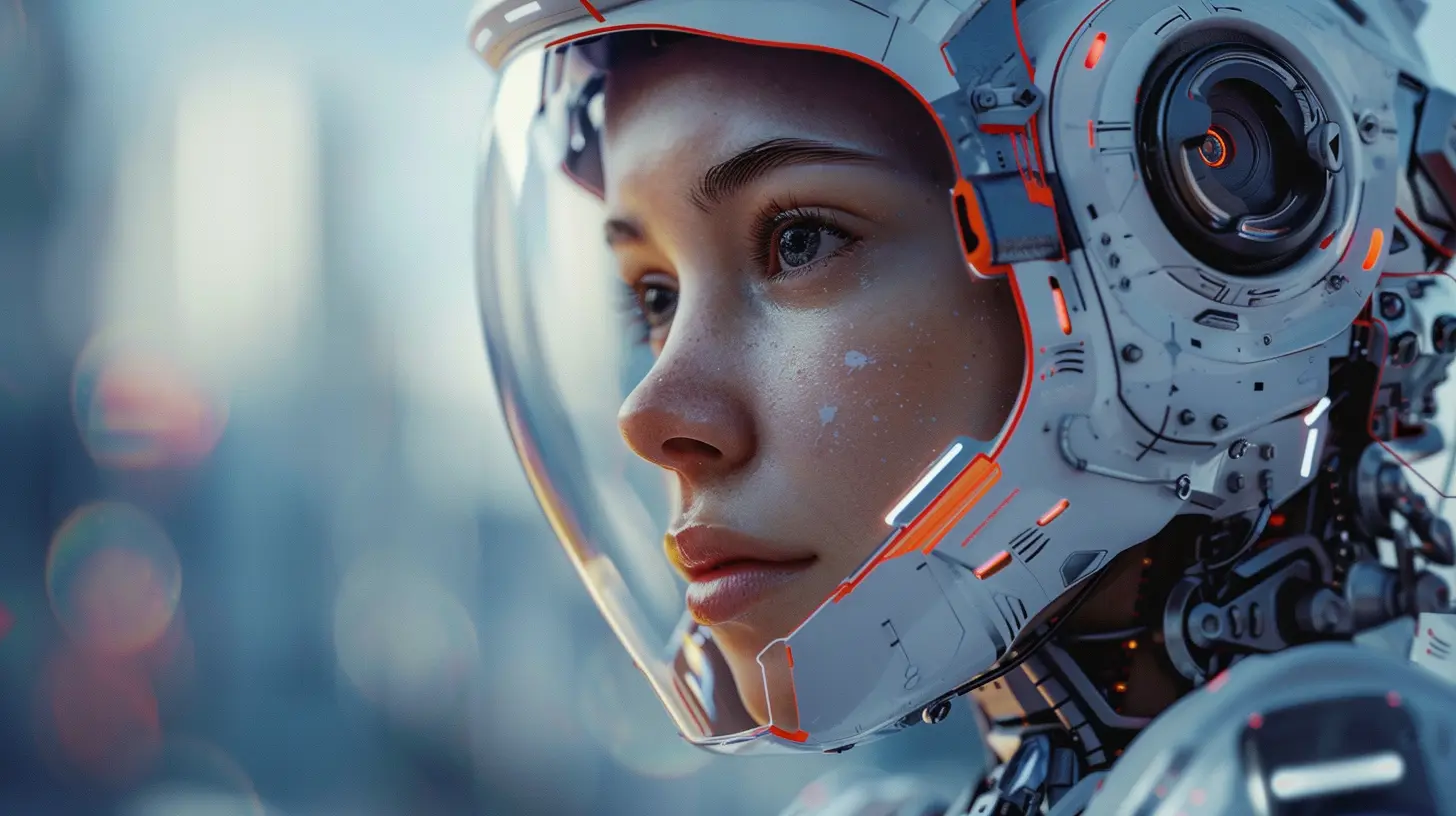
The Benefits: Is AI Voice Acting a Win-Win?
Okay, so AI voice acting has its perks. Let’s give credit where it’s due.Accessibility for Smaller Studios
For years, AAA studios have dominated the gaming world, partly because they have access to top-tier voice talent. But with AI, smaller studios can now compete. They can create professional-quality voiceovers without blowing their entire budget, leveling the playing field in a way we’ve never seen before.Endless Creative Possibilities
Imagine a game where NPCs can respond naturally to your every action, thanks to real-time voice synthesis. AI could allow for truly dynamic dialogue that evolves as you play, making game worlds feel more alive than ever.Game Localization Made Easier
Translating games into multiple languages is a headache for devs. But what if AI could handle the entire localization process, including voice acting? With AI, you could have seamless multilingual dubs without hiring separate voice actors for each language. Convenience, thy name is AI.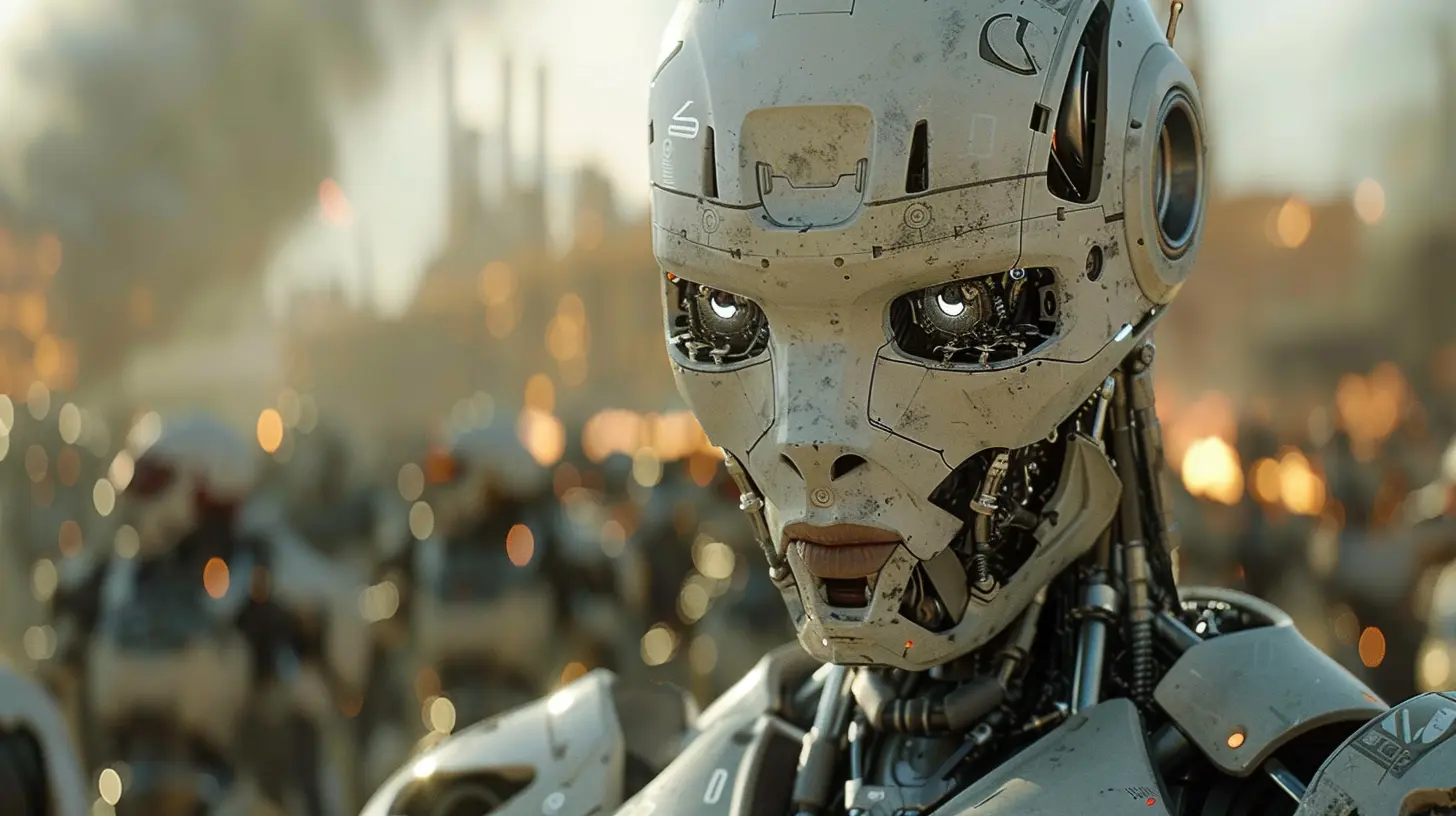
The Drawbacks: It’s Not All Sunshine and Rainbows
Before we start enthusiastically handing out awards to AI, let’s pump the brakes and talk about the not-so-great side of things.The Human Touch: Can AI Fake Authenticity?
No matter how advanced AI gets, there’s something about human voice acting that’s, well, uniquely human. An actor's ability to breathe life into a character often goes beyond the script—it’s in the subtle nuances, the ad libs, the raw emotion. Sure, AI can emulate sadness or anger, but will it ever deliver the same gut-punch as a real actor pouring their soul into a performance? Doubtful.Ethical Concerns: Is AI Taking Jobs?
Let’s be real—this is the elephant in the room. If studios start relying on AI for voice acting, what happens to the talented performers who’ve made a career out of this? Do they get sidelined? Replaced? It’s a tough question, and one the industry will have to grapple with as AI becomes more prevalent.Risk of Over-Reliance
Here’s a nightmare scenario: A studio uses AI for all their voice acting, and sure, the game sounds great at launch. But then, players start noticing how repetitive and robotic the voice lines feel after a few hours. Over-relying on AI could lead to cookie-cutter performances that lack variety and charm.The Future of AI in Game Voice Acting: Collaboration or Takeover?
So, where does this leave us? Is AI poised to completely replace human voice actors? Honestly, probably not. At least, not yet. What’s more likely is a collaborative future where AI and human actors work together to create richer, more dynamic experiences.Imagine this: Human actors record the core dialogue, while AI generates filler lines and real-time reactions. Or, actors lend their voices to train AI models, ensuring the synthetic voices are as close to natural as possible. In this scenario, AI doesn’t replace actors—it empowers them.
Adapting to the Times
For voice actors, the rise of AI isn’t necessarily a death sentence. It’s an opportunity to evolve. Actors might start licensing their voice profiles to studios, allowing AI to replicate their performances while still paying them royalties. Think of it like having an AI stunt double for your voice. Pretty wild, right?Final Thoughts: Should We Be Excited or Concerned?
AI is undeniably changing the way we approach game voice acting. And while there are valid concerns—loss of jobs, ethical dilemmas, and the potential for bland performances—it’s hard to ignore the possibilities. Whether you’re a game developer, a voice actor, or just someone who loves gaming, this tech has the potential to shake things up in a big way.What’s clear is that we’re standing at a crossroads. The choices we make now will determine whether AI becomes a helpful tool or an unwelcome replacement. So, what’s it gonna be? A brave new world of collaboration, or a dystopian nightmare of synthetic voices? Only time will tell.

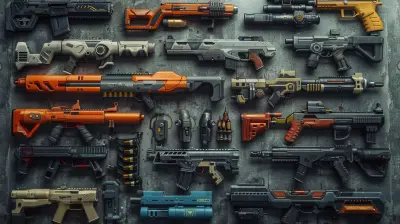
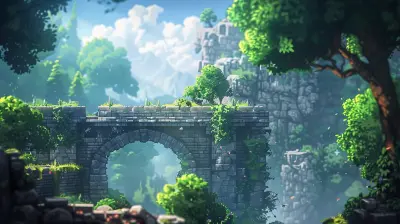





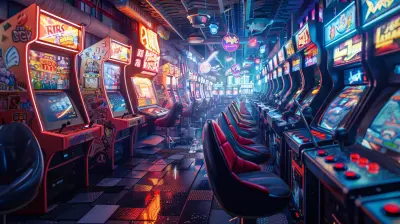

Norah Sharpe
Great article! Exploring AI's impact on game voice acting opens up fascinating possibilities for character depth and interaction. It's exciting to think about how AI can enhance performance while preserving human creativity. Looking forward to seeing how developers balance technology and artistry in future gaming experiences!
February 3, 2025 at 4:11 AM